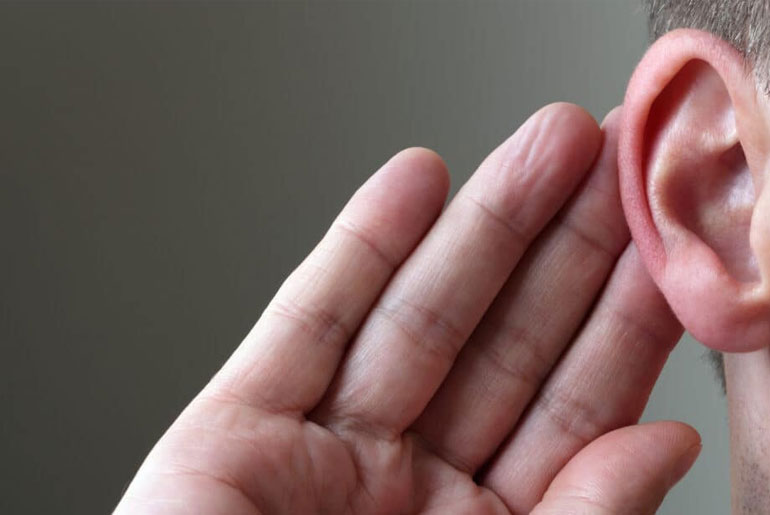Researchers from Indiana University and the University of South Florida conducted an interdisciplinary study on the long-term consequences of cisplatin-based chemotherapy, a widely used treatment for various cancers. The study, published in the Journal of the American Medical Association Oncology, tracked a cohort of testicular cancer survivors who received this chemotherapy for an average of 14 years. It revealed that 78% of these survivors face significant difficulties in everyday listening situations, negatively impacting their quality of life. This study is notable as the first to examine hearing loss progression and real-world listening problems in cancer survivors over such an extended period.
Robert Frisina, a distinguished professor and chair of the USF Department of Medical Engineering, emphasized the importance of understanding the real-world effects of sensory problems. This understanding is crucial for developing better therapeutic strategies and preventive measures to enhance the long-term quality of life for cancer survivors.
Cisplatin is commonly used to treat cancers such as bladder, lung, neck, and testicular cancers. Administered intravenously, it affects various body parts, but the ears are particularly vulnerable. The drug can become trapped in the ears, leading to inflammation and the destruction of sensory cells crucial for coding sound, resulting in permanent hearing loss that can worsen over time even after the completion of treatments.
Victoria Sanchez, the lead author and associate professor in the USF Health Department of Otolaryngology Head & Neck Surgery, highlighted a critical issue: despite known risks, there is a nationwide lack of routine hearing assessments for chemotherapy patients. The study underscores the need for regular auditory evaluations to manage and mitigate long-term hearing damage.
The research found that higher doses of cisplatin lead to more severe and progressive hearing loss, especially in patients with risk factors like high blood pressure and poor cardiovascular health. These patients also experienced increased difficulty hearing in noisy environments, such as restaurants.
Dr. Lois B. Travis, a professor of cancer research at Indiana University School of Medicine and a researcher at the IU Melvin and Bren Simon Comprehensive Cancer Center, stressed the importance of lifelong monitoring for these patients. The current median age of the cohort is only 48, and they will eventually encounter age-related hearing loss. This research is part of The Platinum Study, an ongoing effort funded by the National Cancer Institute to study cisplatin-treated testicular cancer survivors.
The study aims to inspire further investigation into alternative chemotherapeutic protocols and preventive measures, including FDA-approved drugs to prevent or reduce hearing loss. Frisina pointed out that the research provides oncologists with crucial information to explore alternative treatment plans that could minimize long-term side effects, such as adjusting dosages and timing of cisplatin.
Innovative solutions, such as Pedmark, a new FDA-approved injection that mitigates cisplatin-induced hearing loss in children, represent promising steps forward. Sanchez emphasized the importance of protecting hearing or treating hearing loss if damage occurs. Optimal hearing is vital for maintaining connections with the world, enabling conversations with family and friends, enjoying music and entertainment, staying safe, and finding pleasure in one’s surroundings. Promoting optimal hearing for overall wellness is essential for healthy living.
Disclaimer:
The information contained in this article is for educational and informational purposes only and is not intended as a health advice. We would ask you to consult a qualified professional or medical expert to gain additional knowledge before you choose to consume any product or perform any exercise.








